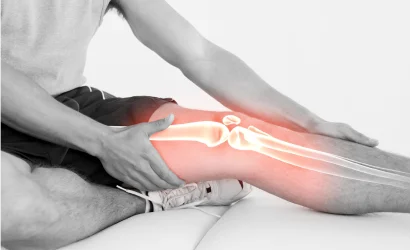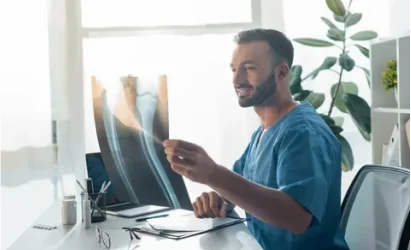
Joint pain is one of the most common musculoskeletal complaints affecting people of all ages. Whether it’s a dull ache in the knees, stiffness in the shoulders, or sharp pain in the hips, joint pain can interfere with your daily activities, mobility, and overall quality of life. Understanding the root causes of joint pain, available treatments, and when surgery becomes necessary can help you manage the condition effectively and make informed health decisions.
What Is Joint Pain?
Joint pain refers to discomfort, soreness, or inflammation in any part of a joint including the cartilage, ligaments, tendons, or surrounding muscles. It can range from mild and short-lived to severe and chronic, depending on the cause.
Common Causes of Joint Pain
Joint pain can result from a variety of conditions, injuries, or long-term wear and tear. Some of the most common causes include:
Osteoarthritis
The most common type of arthritis, osteoarthritis is caused by the gradual breakdown of joint cartilage. It usually affects weight-bearing joints like the knees, hips, and spine.
Rheumatoid Arthritis (RA)
An autoimmune condition where the body’s immune system attacks its own joints, causing inflammation, swelling, and pain.
Injuries
Sprains, strains, dislocations, or fractures can damage the joint and lead to both acute and long-term pain.
Bursitis and Tendonitis
These conditions involve inflammation of the bursa (fluid-filled sacs) or tendons around a joint, often due to repetitive motion or overuse.
Gout
A type of arthritis caused by a buildup of uric acid crystals in the joint, often affecting the big toe, but also other joints.
Infections or Post-Viral Joint Pain
Certain infections, including viral illnesses or Lyme disease, can result in temporary or chronic joint inflammation.
When to See a Specialist
If your joint pain persists for more than a few days, worsens over time, or limits your ability to move, it’s important to consult a specialist. At MORAL ORTHOPAEDICS, we offer a full evaluation to identify the underlying cause and create a tailored treatment plan.
Seek medical attention if you experience:
- Swelling and redness around the joint
- Persistent or severe pain
- Difficulty bearing weight or using the joint
- Joint deformity or instability
- Fever (could indicate infection)
Non-Surgical Treatment Options for Joint Pain
Many patients can find relief through conservative treatments without the need for surgery. At MORAL ORTHOPAEDICS, we provide the following non-surgical therapies:
Physical Therapy
Guided exercises and stretches can improve joint flexibility, strength, and function.
Medications
Anti-inflammatory drugs, pain relievers, or corticosteroid injections can manage symptoms.
Lifestyle Modifications
Weight loss, low-impact exercise (like swimming or cycling), and proper posture can reduce joint stress.
Bracing and Supports
Wearing a brace or using assistive devices can stabilize the joint and reduce pain.
Regenerative Treatments
We also offer modern approaches such as PRP (Platelet-Rich Plasma) injections and stem cell therapy to support natural healing and reduce inflammation.
When to Consider Joint Surgery
If joint pain doesn’t improve with conservative treatment or continues to limit your daily life, surgery may be the next step. You might be a candidate for surgery if:
- The joint is severely damaged or deformed
- Pain persists despite medication and therapy
- You have trouble walking, climbing stairs, or sleeping
- The joint is unstable or frequently gives out
At MORAL ORTHOPAEDICS, our expert surgeons offer advanced orthopedic procedures, including:
- Joint Replacement Surgery (Hip, Knee, Shoulder)
- Arthroscopy (Minimally invasive joint surgery)
- Ligament Repair and Reconstruction
- Cartilage Restoration Procedures
Each surgical option is carefully evaluated based on your condition, age, activity level, and overall health.
What to Expect After Surgery?
Recovery after joint surgery varies depending on the procedure, but most patients benefit from:
- Physical rehabilitation to restore strength and range of motion
- Pain management using medications and cold therapy
- Gradual return to activity with professional guidance
- Follow-up visits to monitor healing and implant success (if applicable)
Our team at MORAL ORTHOPAEDICS is committed to supporting you throughout your recovery journey.
Conclusion
Joint pain can impact every part of your life from walking to sleeping to working. But the good news is that with the right diagnosis and treatment, you can regain comfort and mobility. Whether you need conservative care or advanced orthopedic surgery, MORAL ORTHOPAEDICS is here to help.






